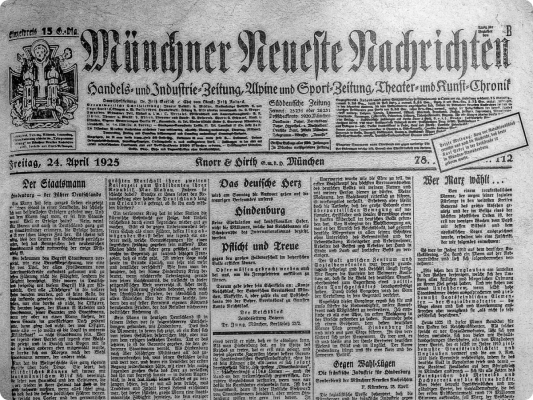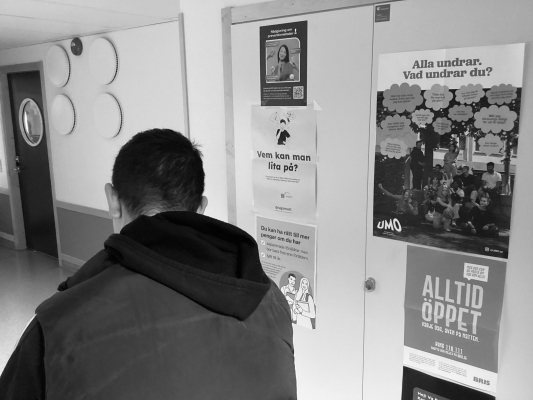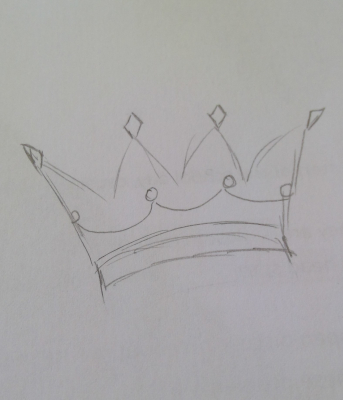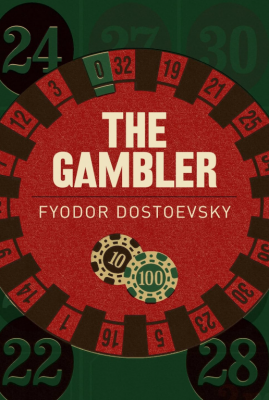Red Revival: Communism’s Newfound Appeal
By COLEGIUL NAțIONAL PEDAGOGIC, MIRCEA SCARLAT
Published 2025-09-30 13:45

Communism, once a defining ideology of the 20th century, seems to be making an unexpected comeback—this time, across generations. Teenagers, armed with the power of TikTok, are romanticizing Marxist ideas as a reaction to rising inequality and disillusionment. Meanwhile, older generations, who witnessed communism in its prime, find themselves reflecting with complicated feelings of nostalgia. Over 48% of Romanians believe that the communist regime was a good thing for Romania, a percentage higher than it was 10 years ago, according to a survey conducted by INSCOP.
Internationally, there is an attraction among new generations toward communism, stemming from the illusion of a world where there are no differences between people.
Furthermore, teenagers appear more drawn to the idea of an authoritarian figure guiding them, perceiving such leaders as strong and capable of steering the ship towards progress. Teenagers, navigating the most turbulent part of their lives, often feel more at ease on a leash, as long as their parents aren’t the ones holding the other end.
“People want an authoritarian figure who can impose stability,” says Oana Popescu, director of the Global Focus Center Romania.
Daniel David, professor of clinical cognitive sciences at Babeş-Bolyai University in Cluj-Napoca and the rector of UBB, discussed the findings of the research during a show.
“There is a general trend, which I have also spoken about, of a shift in our psycho-cultural profile, where our society is becoming increasingly interested in the past.” Says Daniel David.
“If the young people who now express strong sympathies for the communist era were to live for three weeks in a simulated environment of that type, I believe they would quickly change their attitudes.” He adds.
The professor drew a parallel between the rate of functional illiteracy and the percentage of people who believe that communism was a good thing for Romania, as these figures are almost identical. “Functional illiteracy refers to the fact that you literally don’t understand the world you live in, not just the inability to comprehend what you read or basic mathematical operations, you don’t understand the world.”
Similarly, older people, more often than not, say that "Things were better before." But was it really better back then? When freedom was rather a distant idea? When the queues were endless? "Things were better before" is the kind of topic starter that can find its way into absolutely any discussion. Usually, this statement isn’t based on concrete data, yet the phenomenon is considered perfectly normal.
Richard Walker, professor of psychology at Winston-Salem State University in North Carolina, shows that we tend to remember past positive events more than negative ones. For example, people might say high school was wonderful, even if they lived during the communist regime with no freedom, simply based on what kind of friends they had, how well they were doing in school and sometimes even based on the fact that they used to be young and attractive once. This "erasure effect" becomes more obvious as we age.
 Romanian pioneer during communism in Romania. Image: Satmari Daria.
Romanian pioneer during communism in Romania. Image: Satmari Daria.
Charles S. Carstensen's studies have found that as people age, they remember and recognize fewer negative moments compared to positive ones. This supports the socioemotional selectivity theory, which suggests that older adults focus more on positive experiences for better emotional regulation.
But why can't they enjoy the beauty of the present? The preference for the past is explained by the mere exposure effect. This phenomenon refers to people's tendency to appreciate a stimulus (person, object, idea) more as they are exposed to it more frequently. Resistance to new information has always existed and has hindered progress; we have many examples, people resisted machinery during the Industrial Revolution and were hesitant about the invention of the printing press.
When asked about the past, I.I. (man from Alexandria, Teleorman County, in the south of Romania) commented: "Stop saying it was bad back then! I was young, I had a job, we were all equal. What are you doing now? You play on your phones! We knew how to play with each other! Now all the politicians are stealing from us! Yes, we had food rations, but after paying the debt, we would have received more! Ceaușescu built everything in Romania, factories, highways…”
Of course, not all elderly people think this way.
R.I. (Woman from Alexandria, Teleorman) „I was born in 1960 in communism. It was awful, we had nothing. I was district chief at Crinu (a small shop complex from her city) and we always hoped that the export goods would rebound so that we could get some more shoes. Now, look, I can buy whatever shoes I want! We could only get bread with the ration card and we were shivering from the cold during winter. Now you don't even know what a ration card is! Even better! I was young, yes, but I don't want to go back to communism anymore! We were like imprisoned mice and our comrade would throw us some food and so everyone thought he was the hero of the nation.”
So, nearly half of Romanians now believe the communist regime had its merits. Maybe the charm of state-controlled everything and constant shortages is underrated. Who would have thought that a time of censorship and limited freedom would be remembered so fondly? However, this nostalgia raises important questions about how we view history and whether we possess enough information in order to form ourselves a conclusion. But in the absence of first-hand experience, how can we really know what it would be like to live in a communist society? The allure of an ideal world of equality and justice is irresistible to many. And, as we know, those who do not learn from the mistakes of the past are doomed to repeat it.
References: (1) Republica
Writers
Photo
Research
|
13 Dec Pupil |
|
13 Oct Pupil |
|
13 Oct Pupil |
|
30 Sep Pupil |
|
30 Sep Pupil |
|
25 Jun Pupil |
|
16 Jun Pupil |
|
10 Jun Pupil |
|
10 Jun Pupil |
|
06 Jun Pupil |
|
06 Jun Pupil |
|
06 Jun Pupil |
|
05 Jun Pupil |
|
31 May Pupil |
|
28 May Pupil |
|
28 May Pupil |
|
25 Apr Pupil |
|
25 Apr Pupil |
|
25 Apr Pupil |
|
25 Apr Pupil |
|
25 Apr Pupil |
|
25 Apr Pupil |
|
11 Apr Pupil |
|
08 Apr Pupil |
|
17 Feb Pupil |
|
17 Feb Pupil |
|
17 Feb Pupil |
|
17 Feb Pupil |
|
31 Jan Pupil |
|
23 Jan Pupil |
|
16 Dec Pupil |
|
13 Dec Pupil |
|
13 Oct Pupil |
|
13 Oct Pupil |
|
30 Sep Pupil |
|
28 May Pupil |
|
28 May Pupil |
|
25 Apr Pupil |
|
25 Apr Pupil |
|
25 Apr Pupil |
|
25 Apr Pupil |
|
25 Apr Pupil |
|
25 Apr Pupil |




































